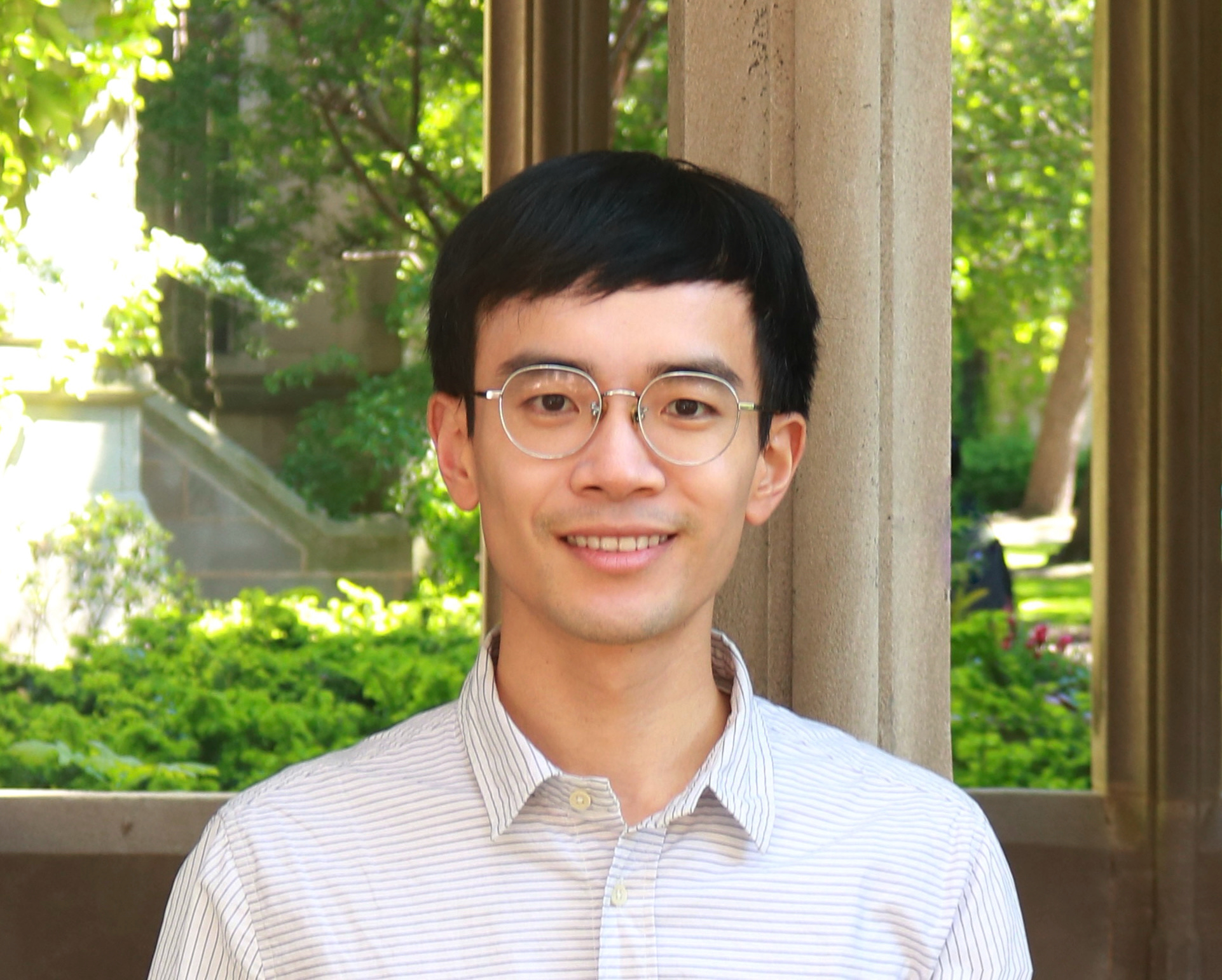
Biography:
Zikai Li is a PhD student in political science and an MS student in statistics. He studies international and comparative political economy and applied research methodology. His current research projects examine the developmental effects of administrative reorganization, information provision and belief manipulation in survey experiments, and the use of placebo tests for difference-in-differences designs. He holds an MA from the University of Chicago and a BA from Sun Yat-sen University, China.
Project Title: Centralization versus Local Autonomy in Chinese Governance: An Analysis of Administrative Changes at the County Level
Abstract
In China, the past four decades of rapid economic development in China began with the decision to reform and open up by the leadership of the party-state in Beijing. However, many experts believe that it is the local governments, facing new top-down incentives from Beijing and freed up to engage in policy experimentation, that have been mainly driving economic growth through policy innovations. One significant policy change introduced by Beijing is a program that allows county-level governments to apply for administrative upgrading, which grants them greater autonomy in their policy-making and, ostensibly, more freedom from the prefectural bureaucracy that supervises them. Some of the counties that successfully converted to county-level cities were later incorporated as districts of the prefectures to which they belong and, as a result, lost some autonomy in their fiscal policy but may have benefited from economies of scale in the restructured prefectural governments. Despite the significance of these administrative changes, they have not received much rigorous attention from social science researchers. In this project, I hope to employ both a staggered difference-in-differences design and qualitative interviews to examine the impact of conversion into districts for county-level cities and, in doing so, contribute to the pollical science literature on the role of different levels of the state apparatus in China’s economic transition.
 THE UNIVERSITY OF CHICAGO
THE UNIVERSITY OF CHICAGO

